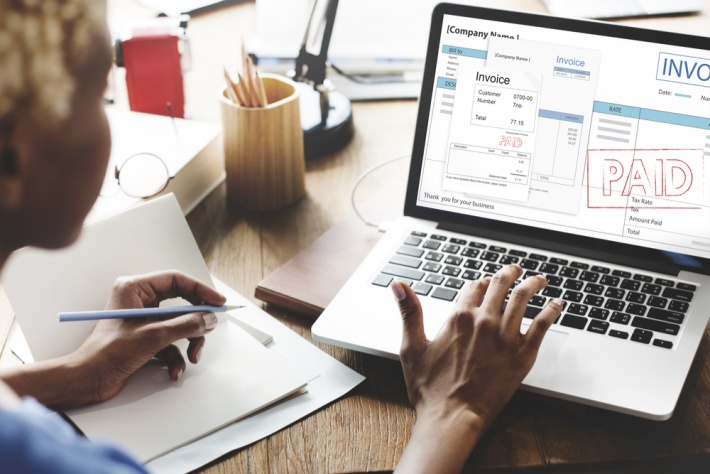How should I pay my accountant?

As business services are increasingly moved ‘into the cloud,’ the way that professional fees are calculated is also changing. Accountants have traditionally charged using timesheets and ‘billable hours’ but new fee structures are offering more clarity and certainty for their clients.
Pricing models and payment methods have naturally evolved alongside technology, leaving you with a range of different ways you can pay your accountant. So what choices might be offered by an accountancy practice, and which ones would be best for your business?
How to pay your accountant
Hourly rates
The ‘traditional’ way to pay accountancy fees, professional hourly rates are multiplied by the number of hours spent on client work. The delivery of accountancy services has changed considerably over the past decade, however, and accountants are increasingly choosing to move forward with their charging models.
Fixed fee
Fixed fee is a common method of charging for accountancy services, and is often used for annual or one-off services such as audit or compliance work. Fixed fees offer several important benefits to you as a client:
- You agree the fee prior to the work commencing
- You know exactly how much you’ll pay
- You can budget accordingly and control costs more efficiently
Monthly retainer
Typically used by accountancy practices for ongoing services such as monthly bookkeeping and tax compliance, a monthly retainer incorporates a ‘package’ of services paid for upfront, which continues until the agreement is cancelled.
As with fixed fees, monthly retainers also offer certainty of pricing for you as a client, and allow you to plan your cash needs effectively. Some accountants offer monthly retainer packages at different pricing levels so you choose the most appropriate package for your business.
Value-based
Value-based pricing is a relatively new billing method in accountancy, whereby services are ‘bundled’ into groups according to the value they bring to individual businesses. As a client, you know exactly what you’re being charged for and its relevance to your business, and pay in advance.
How much does an accountant cost?
Accountancy charges and how they’re applied vary according to the work carried out and type of business structure you operate. Sole trader accounts are relatively straightforward, for example, and may only require a self-assessment tax return to be prepared alongside monthly bookkeeping tasks.
Limited companies, on the other hand, have greater reporting requirements including filing statutory accounts and submitting annual returns to HMRC and Companies House.
Fees can also vary widely between accountants depending on the individual practice concerned, any specialisms offered, and their geographical area. This is why it’s a good idea to compare a few local practices before you make the final decision.
Handpicked Accountants offer valuable assistance in this respect. We can recommend a shortlist of reliable, fully qualified accountants who are local to you. We’ve developed longstanding professional relationships with accountants around the country and our referrals are based on in-depth knowledge of their working practices. Contact the team today


